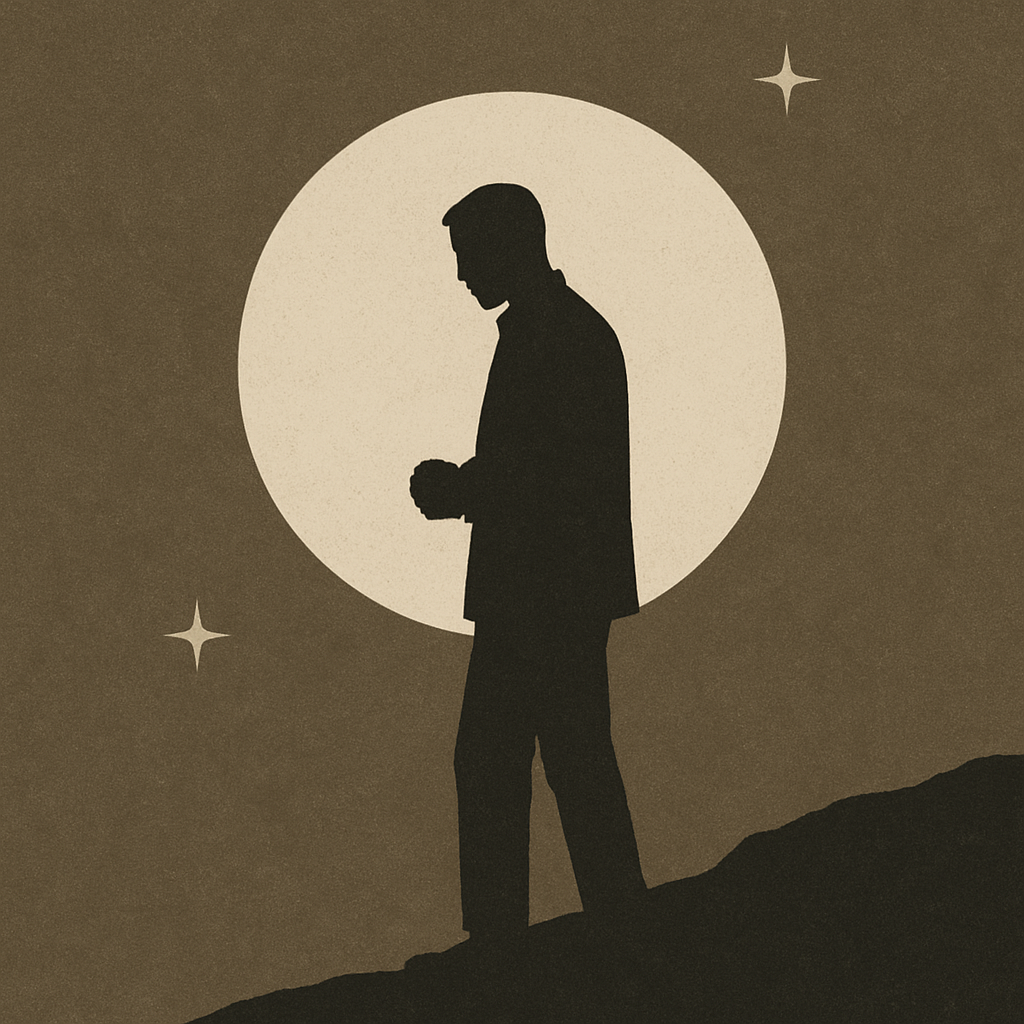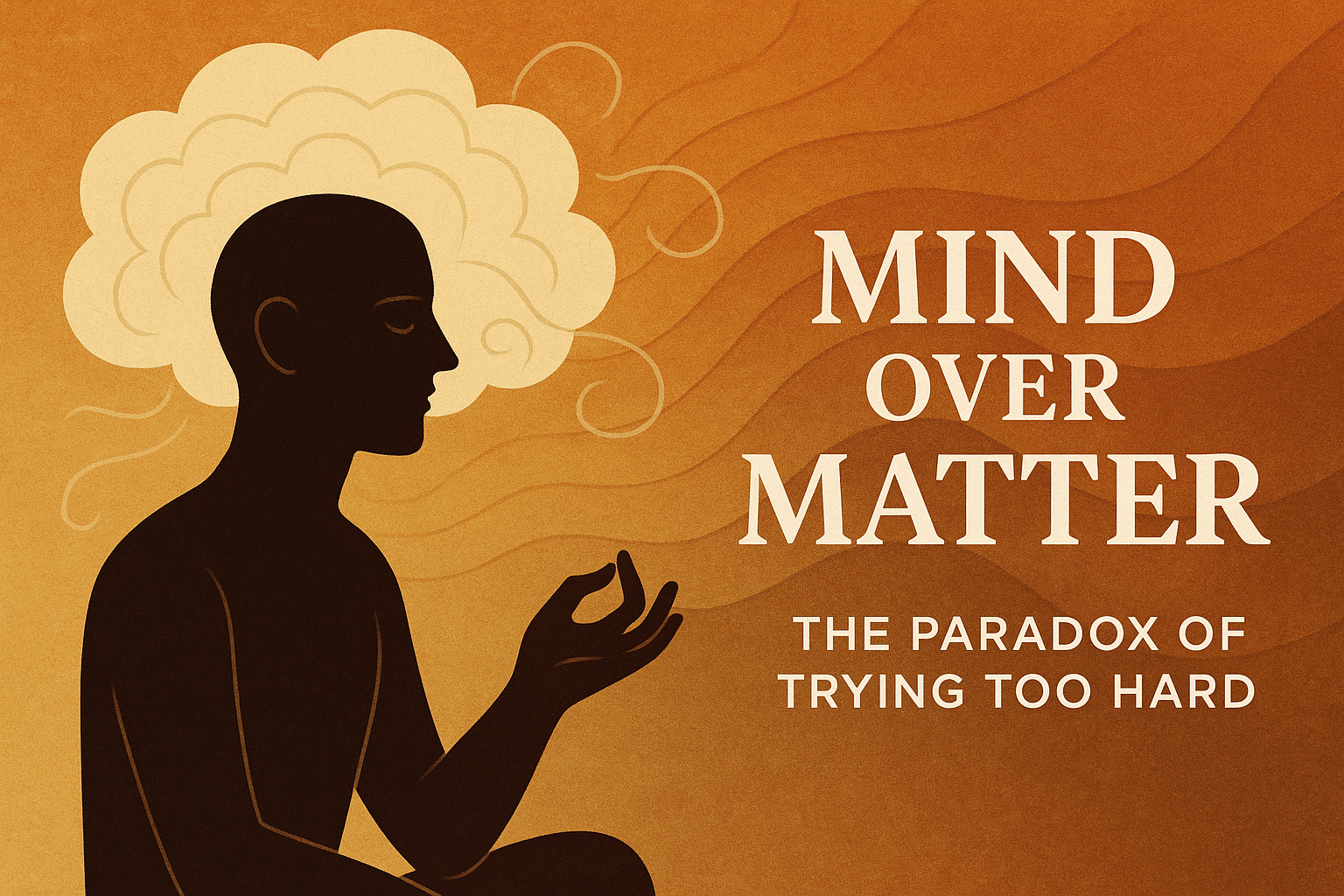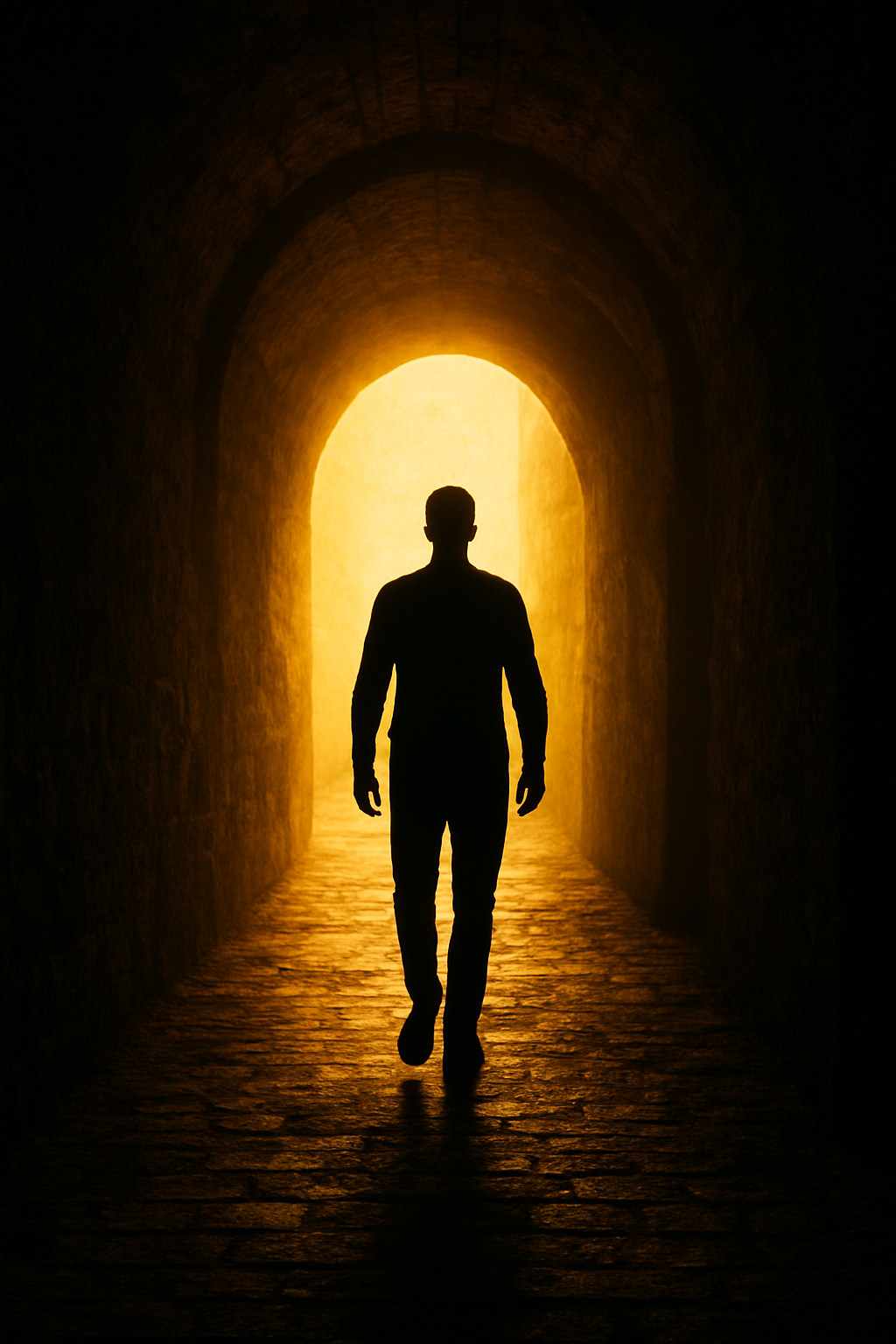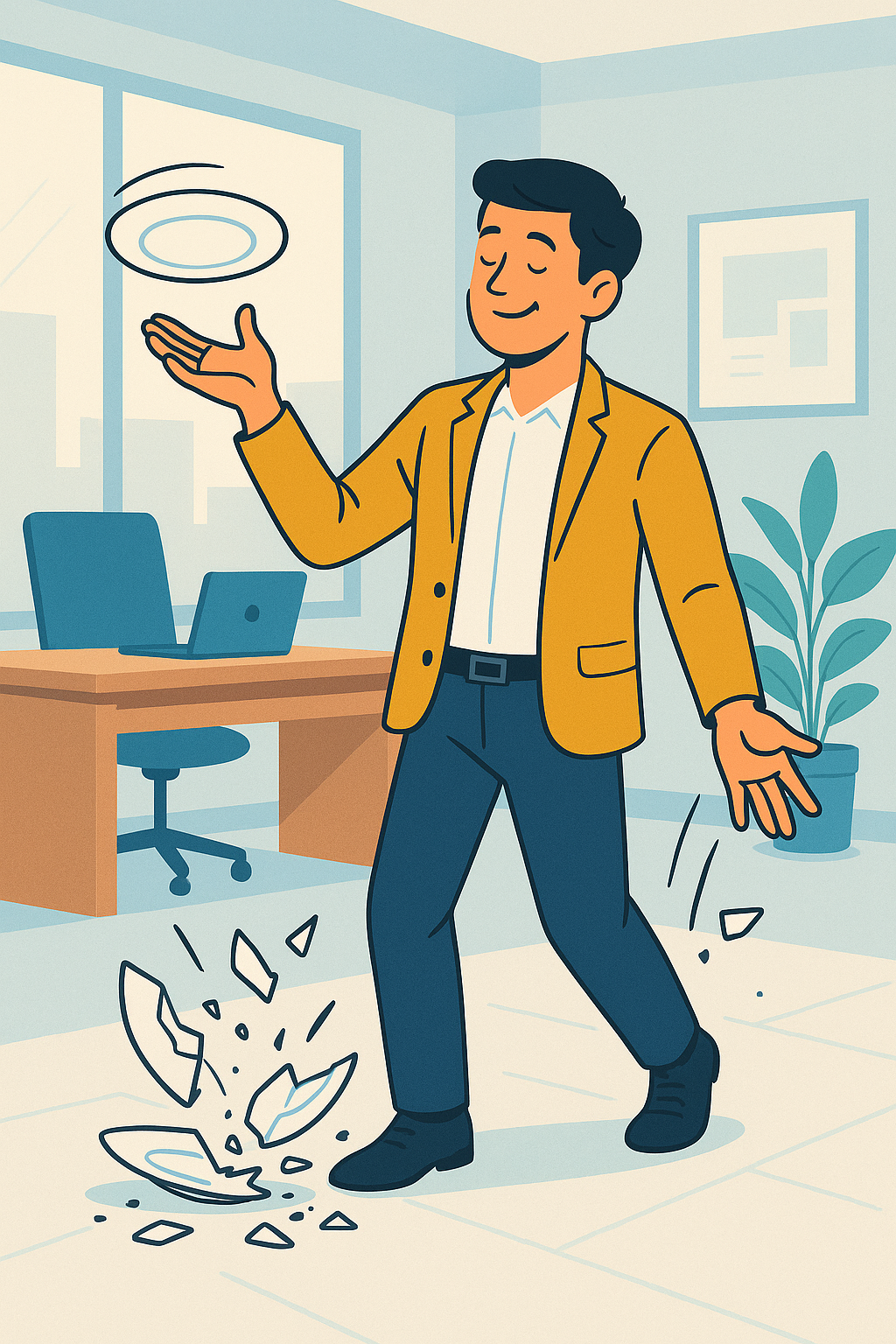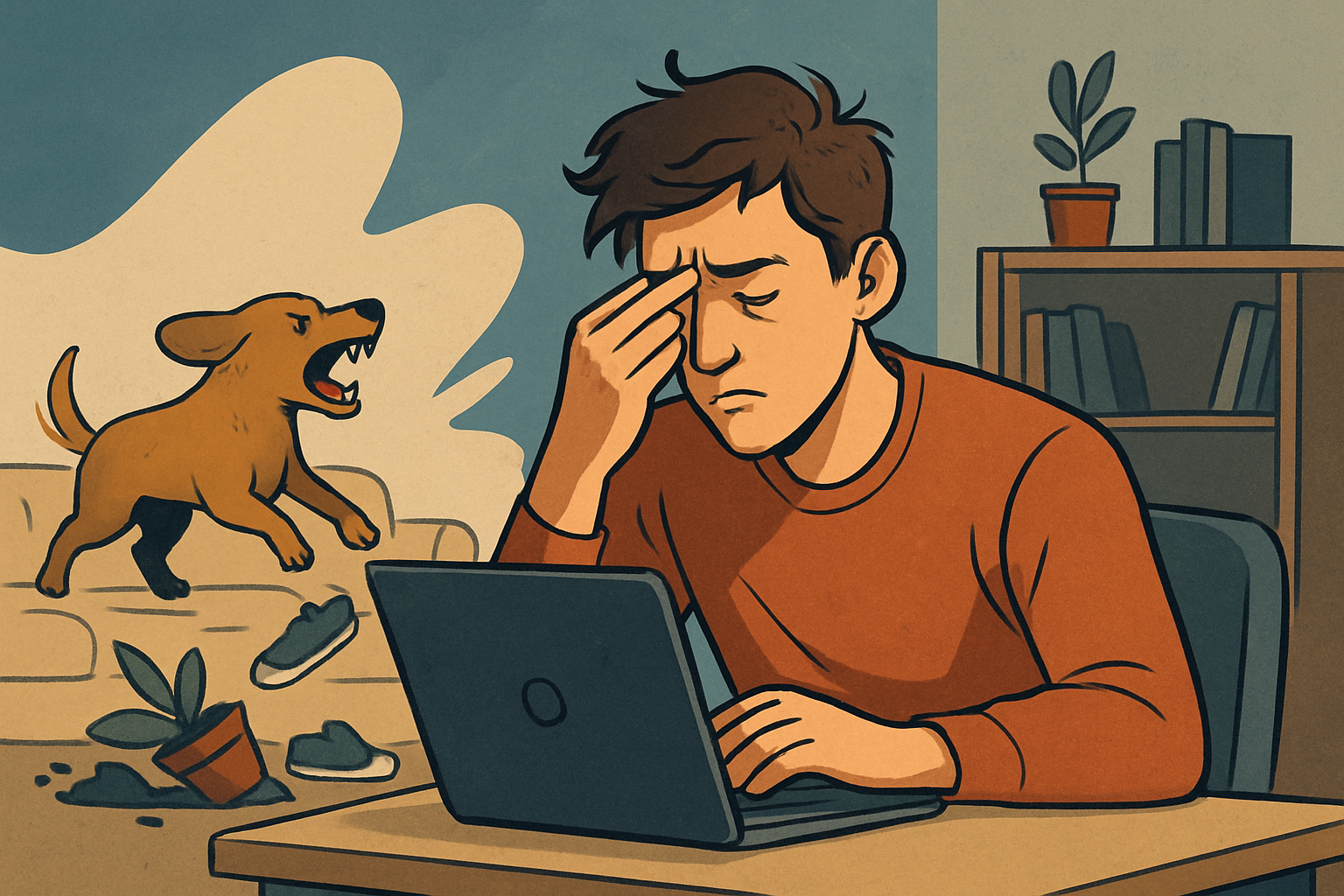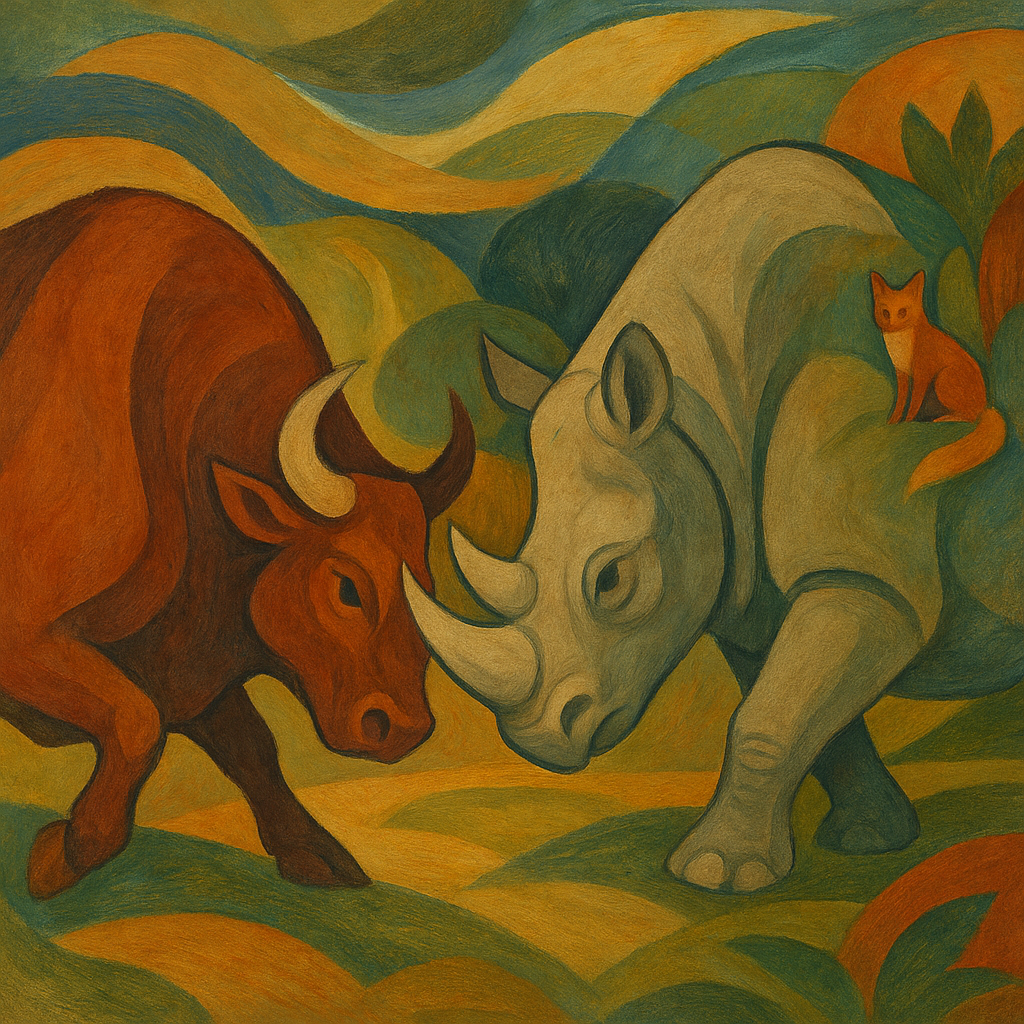Chronic Pain and Silent Struggles
Embracing Relief One Step at a Time
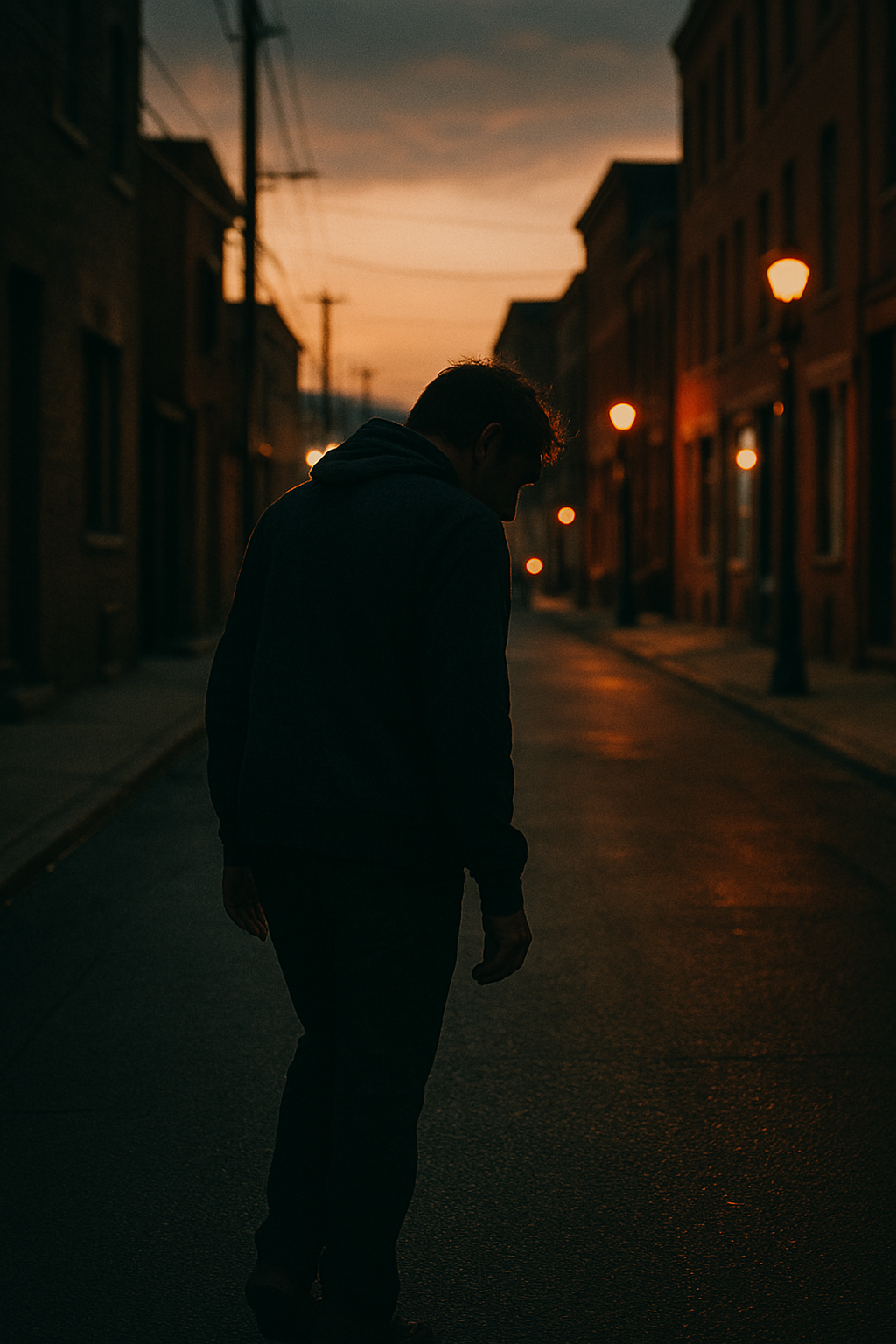
We all go through hard times, and everyone is fighting a battle no one knows about. But think about what it’s like to struggle with chronic physical pain—a pain that doesn’t go away and probably never will. Any moments of relief are short-lived, and that’s an incredibly hard thing to endure.
First of all, it’s exhausting to handle normal day-to-day tasks while trying to ignore the pain. Even if you take something—Aleve, prescriptions, or try some intense meditation—none of it really takes the pain away permanently. It’s like a constant companion, nagging for attention like a neglected child, but the only thing you truly want is relief from the never-ending discomfort.
Anyone dealing with chronic pain is going through a much tougher experience than I am. Recently, I had a few bad mouth sores that lasted about nine days, and they completely drained me. It was hard to focus at work or be productive in my free time. If I wasn’t resting or taking pain medicine, I was basically on an uphill battle to get through my daily tasks. I can’t imagine living this way for weeks or months on end, so I really feel for anyone with chronic pain. It’s almost impossible to think about anything else when you’re in that level of discomfort.
One small sense of relief I felt was when the pain would subside just enough for me to breathe properly, or when I realized that eventually it would end. But overall, it was still pure hell to handle life while constantly clenching my jaw and dealing with a splitting headache. I had to be upbeat on work calls, clean the house, run errands—all while wanting to cry from the pain. It’s just not sustainable. So anyone who lives like this day in and day out has transcended a typical pain threshold and is one step closer to superhero status in my book.
But here’s the thing: a lot of people experience a silent pain, the kind they’ve gotten used to—so used to it, they barely notice anymore. I believe this silent pain is tied to purpose—the feeling that life hasn’t turned out how you’d hoped, or that you have no real control over your circumstances. It’s always there, and you’ve just accepted it. Occasionally, you might get a quick fix—maybe a promotion or a new activity—and you feel a spark of relief, like you’ve got your life back. Even if it’s short-lived, the memory of that relief is enough to make you hope for something better. So you wait for that next moment of reprieve, because only then do you feel clear-headed enough to figure out your next step.
The funny thing is, I don’t think you can just wait for relief. The only way to truly feel it is to settle into your emotions and your pain—acknowledge it without letting it define you. Take a deep breath and let it be. Relaxing into the pain and the chaos is the only way you can control how much relief you eventually feel. Once you reach even a small sense of relief, your world opens up, and you start to think about things beyond pain and disappointment.
So next time you feel stuck, try to find fifteen minutes to sit and recognize the pain without judging it—almost like you’re treating it as a part of yourself that just wants to be understood. Let it have some space. Don’t resist it, don’t wince away from it. You might discover that the pain itself isn’t what you’ve been running from—it’s the meaning behind it. Pain doesn’t mean you’re weak or disadvantaged. It means there’s an emotional link you haven’t let go of, something that makes the pain feel like a detriment or a weakness. Yes, you’re feeling pain, but you can also reframe it. Instead of seeing it as a problem you have to escape, see it as something that simply is. By doing that, you take the sting out of it and allow yourself the chance to breathe, heal, and keep going.
Share
